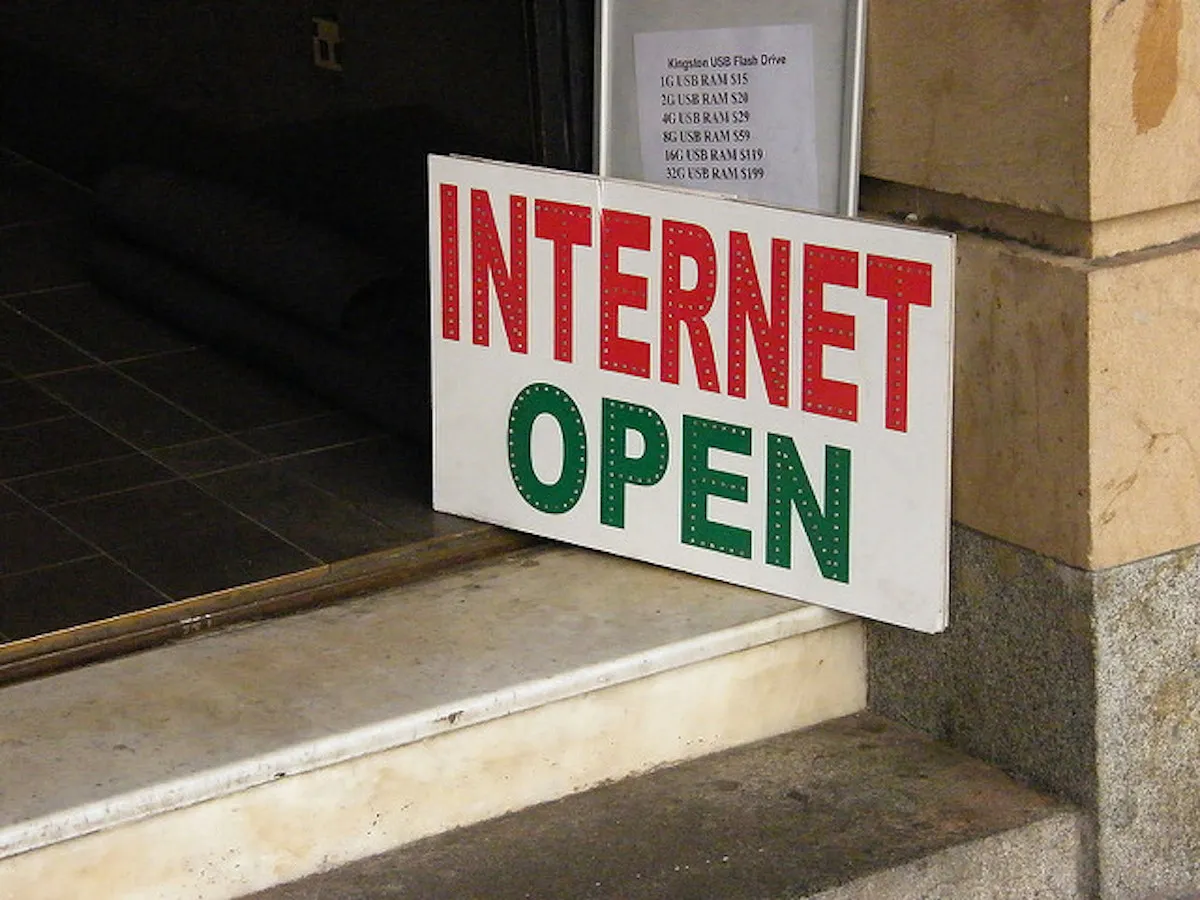The story around “net neutrality” has probably already given you more than your fair share of whiplash at this point. It’s alive! It’s dead. But not yet! But more than likely soon. But wait, there’s one more step! After which it will probably be dead. But—! You get the point. Well, get ready for another round.
The Senate voted today to save net neutrality! The vote went, expectedly, mostly along party lines, with all Democrats in favor of preventing ISPs from doing awful things that would hurt the fairness of the internet, and almost all Republicans casting their “no” votes in favor of letting your internet provider find new, innovative ways to extract more money from you through more complicated packages and features.
OK, that’s a very rough overview of a much more complicated issue, but it’s a basic outline of what’s at stake. Companies that physically provide internet service want to be able to treat traffic from different internet-based services differently in order to make more money than the ridiculous amount that they already rake in.
Anyway, the three Republican Senators who allowed the bill to pass when their party could have easily shut it down were Susan Collins of Maine, Lisa Murkowski of Alaska, and John Kennedy of Louisiana. I’d recommend you look at their voting records before giving them too much credit, but I’m happy to have their support in this instance. The vote comes just a few weeks before the end-date the FCC set for its own rules that were previously put in place to protect net neutrality, June 11.
So it’s saved, right!? Nope. The bill now has to pass the much more Republican-controlled House of Representatives, where it is expected to die an untimely death. I mean, this is the speaker of the house attempting to internet, which doesn’t exactly inspire confidence:
.@SpeakerRyan: “I’d like to declare something that is just so obvious: It is ‘Laurel’ and not ‘Yanny,’ all right?” https://t.co/2VU1d1PHxP pic.twitter.com/30ZhmajCJ2
— Evan McMurry (@evanmcmurry) May 16, 2018
Calling your representatives couldn’t hurt (it never hurts). So stay tuned for whatever happens there, when we’ll surely learn what the next step is on the path to possibly preserving the openness of the internet—individual states taking their own measures, etc.—before it inevitably doesn’t work out, and then … well, you get it. I hear we have a great chance to do something more concrete about it in November, which leaves plenty of time for more whiplash and uncertainty in between.
(via NBC, image: Blaise Alleyne)
Want more stories like this? Become a subscriber and support the site!
—The Mary Sue has a strict comment policy that forbids, but is not limited to, personal insults toward anyone, hate speech, and trolling.—









Published: May 16, 2018 05:07 pm